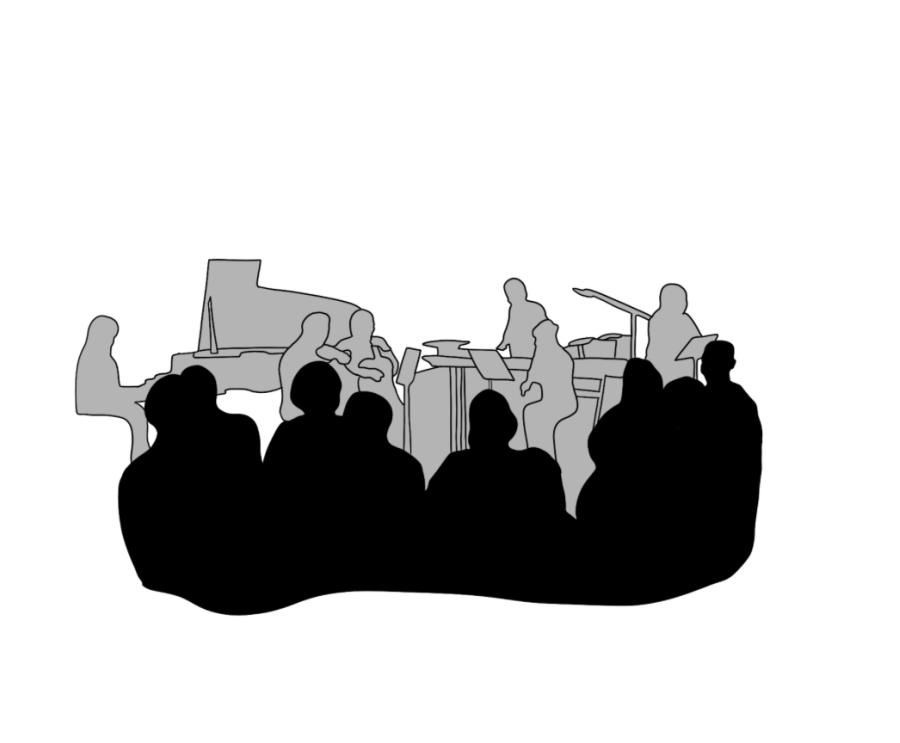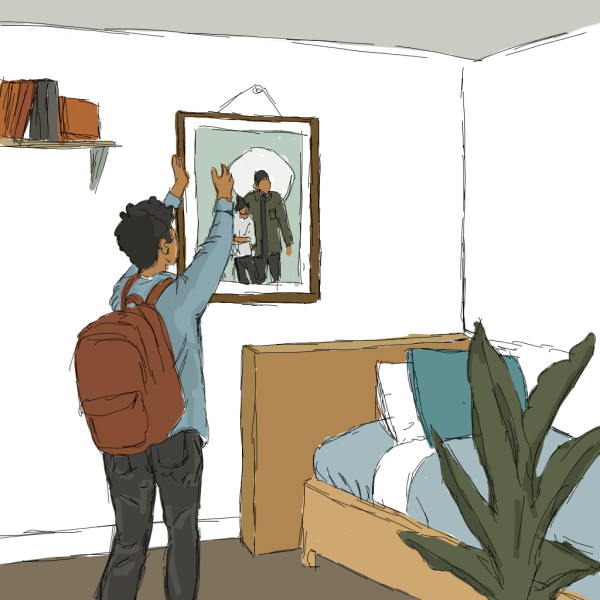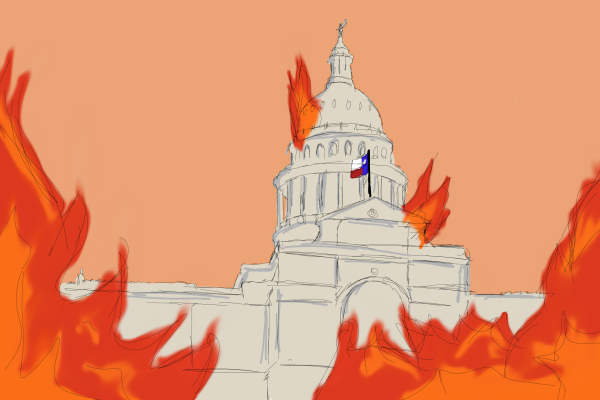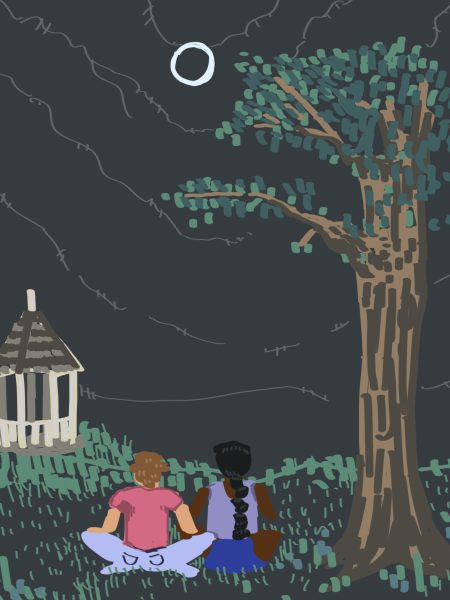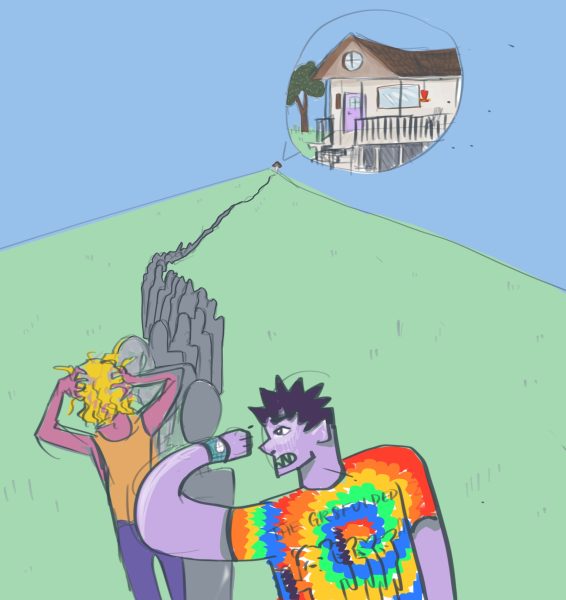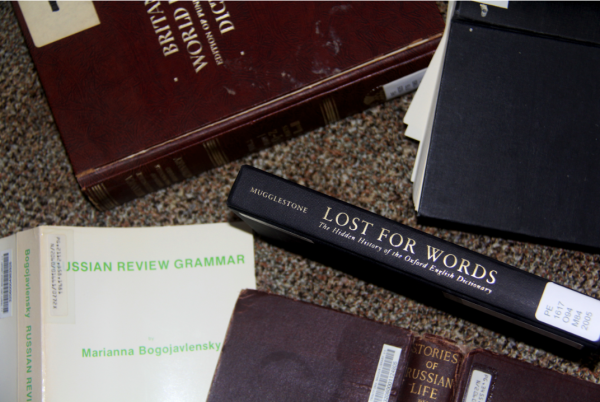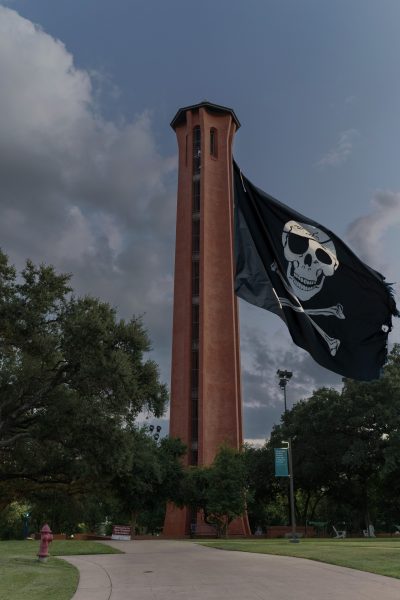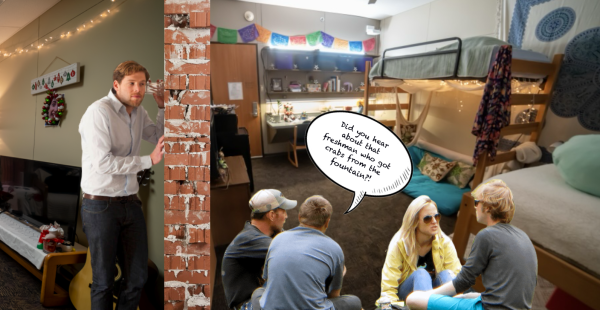Music’s undeniable role in social change:
San Antonio and Trinity’s SOLI Ensemble push back on the role of music — entertaining, yet thought-provoking
To solve the current divisiveness over seemingly every topic in our country, there needs to be a productive dialogue — one that doesn’t demonize the opposing argument — and I’ve discovered music can be the best way to do so. After all, nothing expresses the agony of dehumanization like that of a high violin note, nor can anything capture the despair of war like a wailing clarinet. Nothing can express hope for better days like a bouncing piano sound or fast-moving marimba. If we want change, we’re going to have to acknowledge what’s wrong, and then have the courage to face it — music, like that of the SOLI ensemble, has the exceptional ability to capture the whole range of emotions.
The SOLI Chamber Ensemble, made up of renowned professional musicians, including pianist Carolyn True, violinist Ertan Torgul, cellist David Mollenauer and clarinetist Stephanie Key, performed their most recent program, VOICED, on Feb. 27. Fulfilling their wish to highlight composers with “voices that we haven’t always heard,” as True explained in a sit-down interview with the Trinitonian. SOLI showcased music’s ability to deeply embody the crossroads between the despair and hope that we face daily.
The most thought-provoking piece was the closing song “Pinkster Kings,” composed by Trevor Weston, with a feature from guest artist Kimberlyn Montford, associate professor of music history and director of African American studies at Trinity, performing as the narrator of the tale, the Pinkster King. The Pinkster King presides in New York City over an Afro-Dutch-led weeklong celebration of Pentecost, or “Pinkster” in Dutch. The narration focuses on a call for reparations by the African slaves (and their descendants) who built New York City — accompanied by SOLI and guest percussionist George Nickson’s joyful yet complex cacophony of sounds — a part of the dark and mournful side of the United States story.
As an audience member, I could clearly feel the sorrow and anger of the generations-long oppression of Africans and African-Americans as Montford’s king brings forth documentation evidence concluding that she and her people should be afforded “400 years of back pay … with interest.” These feelings are juxtaposed with the oddly light music played by the ensemble, creating hope for a resolution that ultimately descends into discordant sounds among the musicians. Each performer follows the Pinkster King off stage at the end of her speech, and just Nickson is left to play one last percussive note before turning to strut off.
True said the musicians walk away as if to say, “it’s up to the audience [and] all of us to fix this, … to do something.” That’s the beauty of expressing what we, as a country, can do better through performance. The first step is to be aware of the horrible parts of our U.S. history, which Weston so eloquently demonstrated through the composition of this piece. Then, we must talk about it among ourselves, and what’s great about SOLI’s performance of “Pinkster King,” is a non-agitating form of media that can express themes of sensitive subjects, like racial discrimination in the U.S.
While exposing darkness, music simultaneously inspires us with hope, which is key to inspiring action because it leads to collaboration. The musical expression of dark themes, like the chattel slavery of Africans, might not lead to direct action policy shift or societal change, but it is one of the only non-combative forms of provoking thought in the realm of politics.
In essence, True says that the goal of the performance is “to have a communication with each audience member that is unique to that moment.” Once that connection is made, the audience is changed forever. Music is a beautiful tool for exposing social injustices and then being able to create the inspiration and hopes to then take action. Musicians like those in the SOLI performance don’t tell you what to think, rather they begin the discussion and then leave it up for audience interpretation to hopefully further conversation — that’s why we need music for change.
So, go attend a musical performance that reaches outside the boundaries of typical dinner conversations, like SOLI’s performance of “Pinkster Kings.” Listen to songs that inspire something within you to take on challenges in our world — go back to the sixties with Sam Cooke’s “A Change Is Gonna Come” or Bob Dylan’s “Blowin’ in the Wind.” Use a song as a passive way of starting a difficult conversation with someone who you disagree with. Just remember, as True says, “there is hope when people start to shed light on [injustices].”
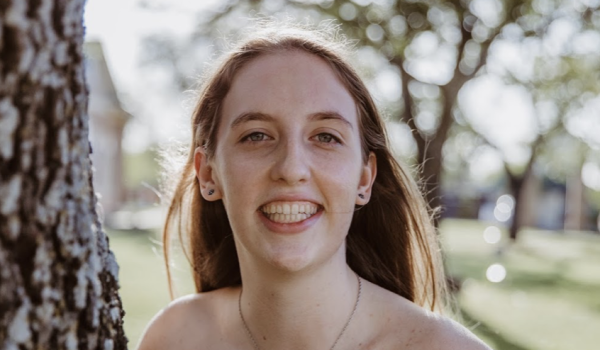
I am an International Studies and Political Science major with a minor in Spanish. My passions lie in studying methods of peaceful and diplomatic interactions...

